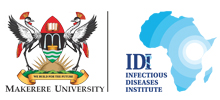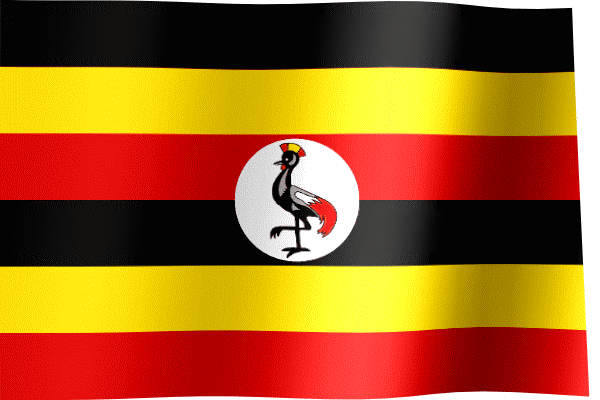
Electronic Integrated Disease Surveillance and Response (eIDSR) Course
Course Duration: Self paced
Delivery Mode: Online
Eligibility: Community members, health workers, district and national coordinators
Course availability: Open Access
Course fee per week: Free
Overview
eIDSR is the application of electronic tools to the principles of integrated disease surveillance and response (IDSR) to facilitate early detection, reporting, prediction, prevention, and response. As an essential part of an Early Warning and Response (EWAR) system, eIDSR facilitates indicator-based and event-based surveillance. eIDSR facilitates reporting of priority diseases, conditions, or events of public health concern. eIDSR enhances detection through real-time notification, alert and case investigation, analysis and reporting. The application of eIDSR in the health sector has the potential to provide real-time data/information for public health surveillance, investigation, and prompt outbreak response.
This course is designed to equip public healthcare workers at all levels with skills in the use of electronic tools to notify, alert, case investigating, analyzing, and reporting.
The course is in five different packages (national, regional, district, facility, and community) targeting health workers at different levels.
Purpose of the course
The course aims to build the capacity of public healthcare workers by equipping them with skills for the use of eIDSR platforms in the implementation of IDSR functions
Specific course objectives
By the end of this course, trainees should be able to use eIDSR to:
- Send signals of immediately notifiable events, diseases and conditions via the SMS platform.
- Record cases, conditions and events using the Android, and web platforms.
- Reporting suspected cases or conditions or events to the next level for action.
- Use eIDSR Android and web platforms for case investigation, laboratory request, specimen tracking, laboratory results, and case management.
- Monitoring and case outcomes.
- Analyze data (person, place and time) and interpret findings.
Target Group
Target participants
Targeting health workers at all levels including surveillance officers, clinicians, laboratory personnel and public health workers
National (MOH, MAAIF, OPM, MWE, UWA, and PHE Operation Centre): Epidemiologists, surveillance officers, data and information analysts, biostatisticians (SMS, Web)
Regional: Regionals EOCs, RRHs, and the District Health Management Team that includes DHO, ADHO Environment, DSFP, DLFP, DVO, biostatisticians (SMS, Android, Web)
District: Facility in-charge, HSD in-charge, HSD surveillance focal person (SMS, Android)
Facility: Facility healthcare workers that includes clinicians, nurses, laboratory and health information / data staff from all health facility levels (SMS)
Community: Village health teams, health assistants, animal husbandry officers, local community leaders LCs, CBOs, extension workers, security, and general community (SMS)
Course Assessment
The course assessment will be via short quizzes conducted at the end of each session and module. Quiz assessments will contribute to the final mark.
Certification
Certificates of completion will be awarded to trainees who attain a final score of 80% or more in the course quizzes.

